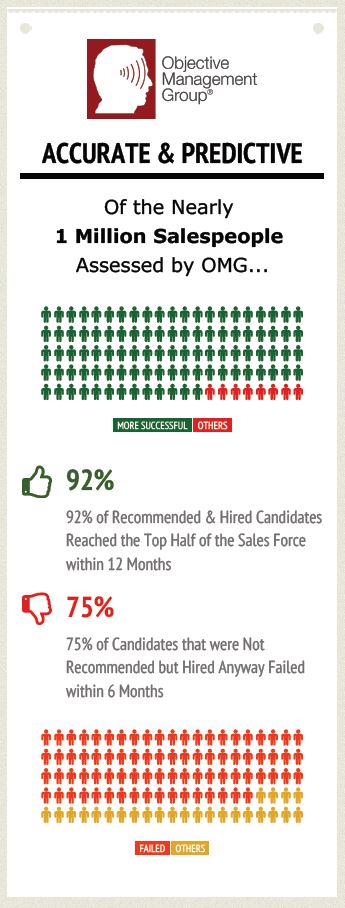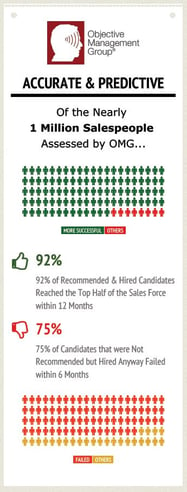Yesterday marked the end of June, which means if your company runs on a calendar year you've hit your mid-year point. Two quarters down, two quarters to go. It also means that, based on the results produced thus far, some of your sales people are strutting around with a huge ego and others are slinking about with their shoulders slumped forward and their eyes on the ground. And the reality is, both may be wrong! Here are some questions your sales leaders should ask to make sure each sales person on their team has the right focus and attitude midway through the year.
For Sales People on Plan or Ahead of Plan
- Are they bringing in the right kind of revenue? With the right customers? Consistent with your corporate strategy?
- Are their wins producing solid margins? No discounting?
- Were there any deals that should have closed Q414 that slipped into Q115? Were there any unusual (i.e. once-in-a-lifetime, difficult to repeat, not likely to happen again soon) deals that are boosting their year-to-date numbers?
- Are they maintaining their activity levels? Booking net new appointments every week? Maintaining an active sales pipeline? Moving opportunities from stage to state in a timely fashion? Consistently asking for referrals?
- Do they remain open to coaching and feedback? Are they still hungry to learn and get better? Remember, small incremental improvements can make a huge impact with your top producing sales people.
- Will they keep their foot on the gas through the end of the year or are they likely to coast? What will motivate them to keep driving at their current pace?
For Sales People Behind Plan
- How strong are their weekly activity levels? How many net new appointments are they going on every week? What problems are they finding to get invited into a new appointment? What can they do to increase activity at the top of their sales funnel for the second half of the year? What do they plan to do differently?
- Are they creating enough urgency for prospects to take action toward the next step in the sales process? Are they slowing down during the discovery process to really understand the issues and situation (or are they rushing to get to the proposal/close too quickly)?
- What is in their pipeline that is closable? What will it take to get the win and put some points on the board? Is there anything they need from the company to support their efforts?
- Do they remain open to coaching and feedback? Are they still confident? How can they focus on their tonality and improving their questioning skills until they get back on track?
- Is there too much on their plate? What non-sales activities can be removed or postponed so they can focus during prime selling hours? Can you narrow their focus (temporarily reduce their territory, emphasize only one or two product lines, etc.)?
- Can they turn it around and save their year or have they already given up? What will motivate them to pick up their efforts and finish strong?
Whether you have sales people who are ahead of plan, behind plan or somewhere in the middle, remember that part of building an over-achieving sales team is having sales leaders ask the right questions so they know why their sales people are ahead (or behind). Sometimes it’s possible to do everything right and lose the deal. Other times you can do nearly everything wrong and win the business. It is your sales leaders’ responsibility to make sure everyone on their team knows the difference and takes away right lessons from every opportunity (win or lose).
Consistent coaching (ideally weekly), weekly planning by every sales team member focusing on outcomes, defining 3-4 clear quarterly goals and staying focused on them, and continuing to learn and grow are a few of the keys to building an over-achieving sales team. One more factor for building an over-achieving sales team? Effective recruiting! We’re halfway through 2015 and we are in a candidate-centric market, which means it can take 90-120 days to find a great sales person. If your sales leaders have team members who may not make it to the end of the year, NOW is the time to begin recruiting. Remember, a decision to recruit is not a decision to hire – why wait? Want an unfair advantage? Learn more here.

